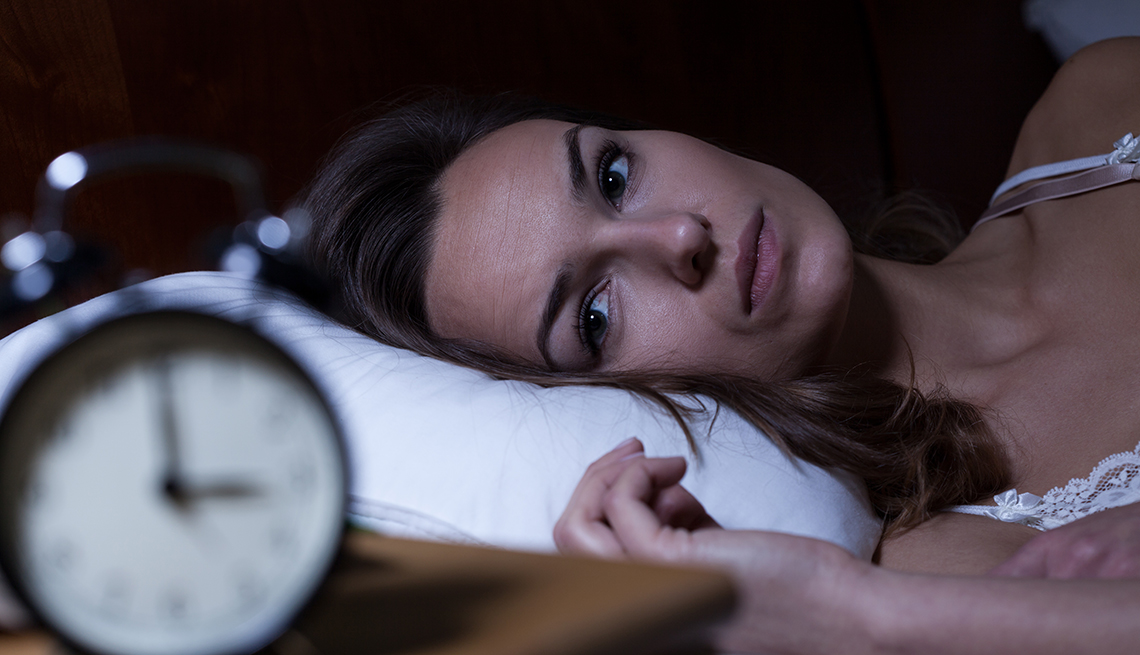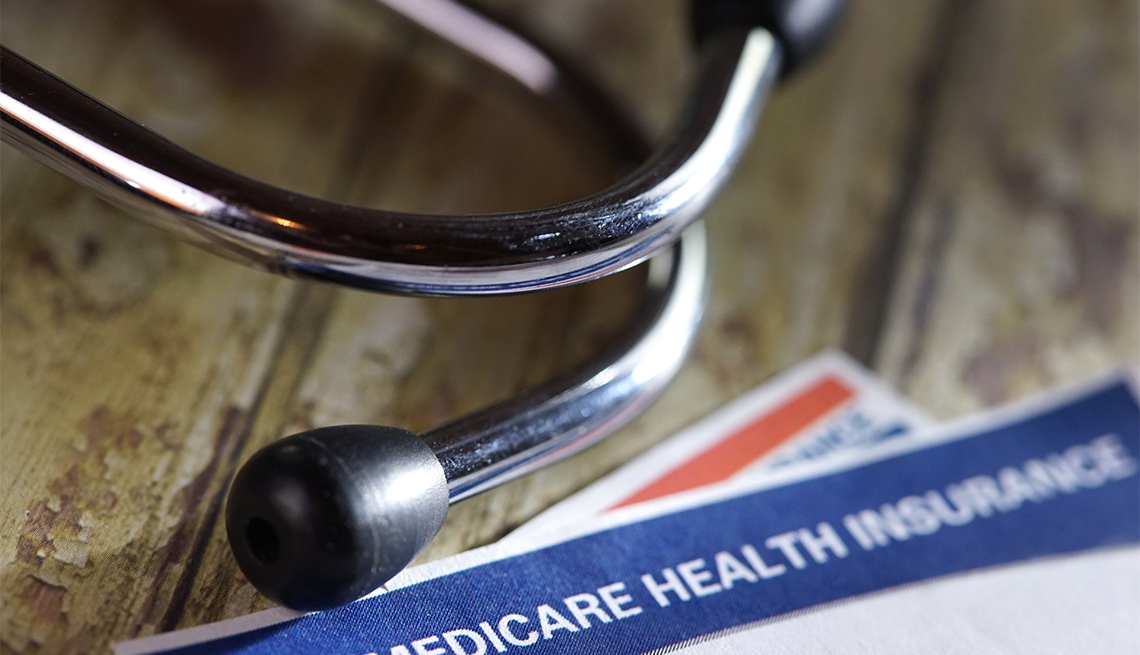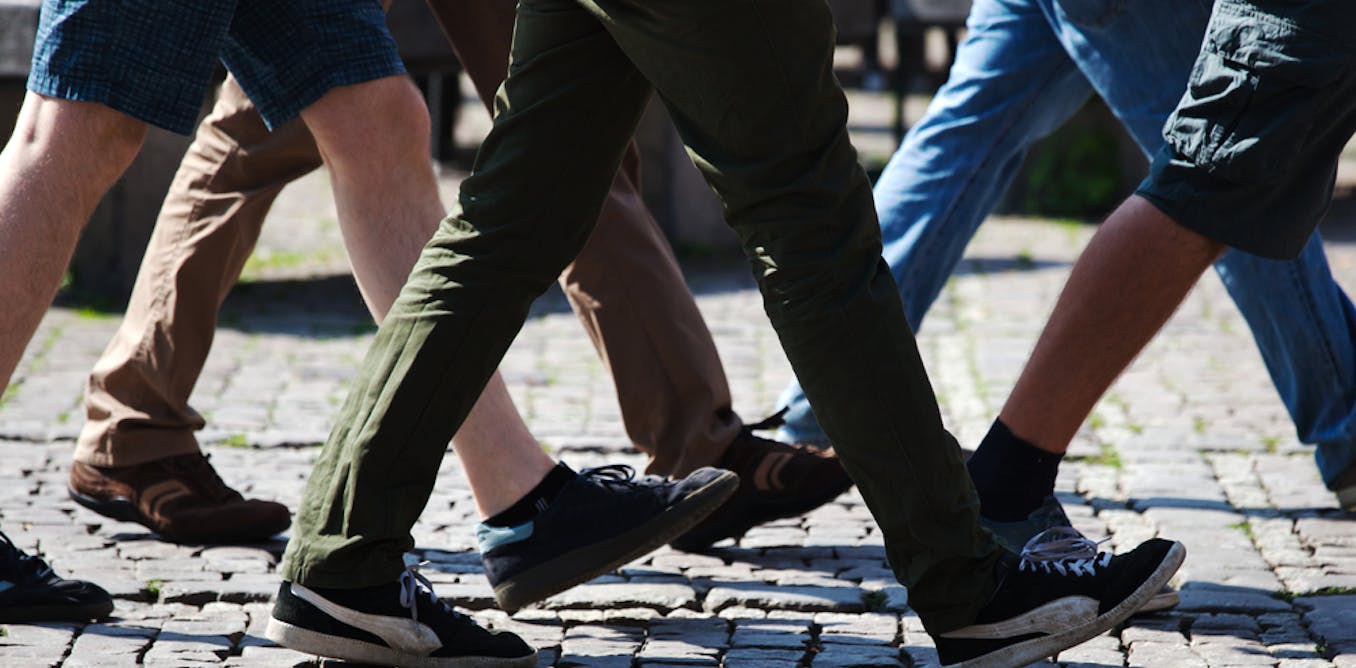
- Select a language for the TTS:
- UK English Female
- UK English Male
- US English Female
- US English Male
- Australian Female
- Australian Male
- Language selected: (auto detect) - EN
Play all audios:
Here's an eye-opening statistic: Sleep medicines give you just an extra 15 minutes of sleep per night on average, Oexman says. And you may not feel that refreshed the next day, either.
"They have an amnesia effect, where you're still waking up, you just don't remember it," he says. That's a big price to pay for dangerous side effects, including
addiction, sleepwalking and falling. While the sleep hormone melatonin can be safer, most people take it incorrectly, Grandner says. Melatonin works to shift your body clock—not induce
sleep. FIX IT Sleep meds should be taken only as a short-term treatment for insomnia in response to a major life stressor, like divorce, death in the family or job loss, says Helena
Schotland, M.D., sleep expert at the University of Michigan Sleep Disorders Center in Ann Arbor. If you want to try melatonin — for instance, if you're normally a night owl and want to
get to sleep sooner — take a small dose two to three hours before bed. 4. YOU'RE ON A BETA-BLOCKER OR SSRI When it comes to keeping awake at night, sleep medications aren't the
only drug offenders, Oexman says. Certain beta-blockers for hypertension (labetalol and propranolol), asthma medications (theophylline and corticosteroids) and SSRI antidepressants
(fluoxetine or sertraline) can cause sleepless nights. Some over-the-counter pain relievers contain stimulating caffeine. Also, nonprescription allergy drugs and natural supplements like
ginseng have been associated with insomnia. FIX IT Sit down with your doctor (or pharmacist) and do a medication review. He or she can pinpoint which meds may be contributing to your
insomnia and suggest alternatives. For instance, atenolol or bisoprolol are better options for beta-blockers if you're having trouble sleeping. 5. YOU HAVE UNDIAGNOSED SLEEP APNEA Think
you don't have sleep apnea if you don't snore? Not true, Schotland says. Many of the 23 million Americans with obstructive sleep apnea have uncommon symptoms, including night
sweating, morning headaches, dry mouth and, yes, insomnia. And not all sufferers are overweight, which is why it is frequently missed. One telltale sign: You're especially tired during
the day. "Many people ignore this red flag," Schotland says. FIX IT If you get a full night's sleep but are still dragging during the day, talk to your doctor. If you do have
sleep apnea, treatments are effective and may include an oral device or CPAP machine. Even a little weight loss can help; one study found that losing just 20 pounds cut the number of apnea
episodes per hour nearly in half.




